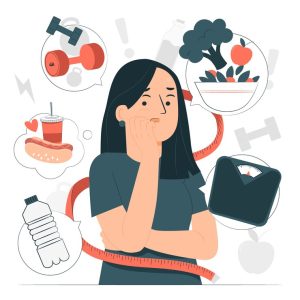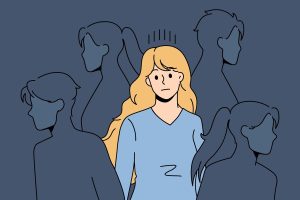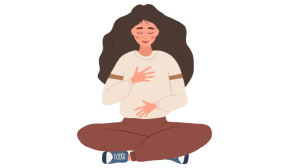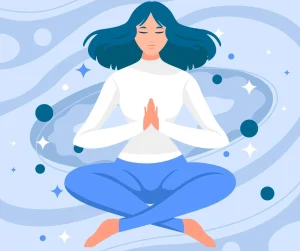
5 Signs It’s Time for Grief Therapy
Grief is like an unpredictable rollercoaster full of ups and downs. One minute you’re numb, the next you’re drowning in tears. Months can fly by,

Grief is like an unpredictable rollercoaster full of ups and downs. One minute you’re numb, the next you’re drowning in tears. Months can fly by,

“It’s not about what’s wrong with you, it’s about what happened to you.” When you’re battling addiction, it’s easy to overlook how your past experiences

The world often sees eating disorders as just a food and weight issue. But for you, the one struggling, it’s likely way more complex. When

The world is more connected than ever. Think about this, a mere click connects us to the other side of the globe. Social media buzzes

Breaking The Cycle of Chronic Dissatisfaction Do you find yourself constantly chasing one goal after the other? Is it difficult for you to savor happy

The Quiet Effects of Chronic Stress: How To Overcome It? Everyone knows that stress is not good for us. However, one pertinent question is –

What Is Sadness? Sadness is a basic human emotion. It’s a natural response to situations that cause emotional, psychological or physical pain. You can feel

How To Approach Mindfulness During Stressful Situations? In today’s times, mindfulness practices have become pretty well known as stress management practices. Even if one does

Anxiety is a common emotion that many of us are familiar with. We may all experience it on certain occasions that may be stressful. This

When you are suffering from depression, you may feel like your entire life revolves around managing your negative thoughts and feelings caused by depression. You

We specialize in combining psychotherapy with deep wellness practices like mindfulness and meditation and creating a customized mental health plan for individuals and organisations.
We specialize in combining psychotherapy with deep wellness practices like mindfulness and meditation and creating a customized mental health plan for individuals and organisations.

A young woman from another country moved with her family to live for one year in a town near the monastery. When, in the course of the year she discovered the monastery, she would periodically visit to have discussions with the Abbess. The Abbess introduced her to meditation, which became very meaningful for the young woman.
When the family’s year-long stay was drawing to an end, the young woman asked the Abbess, “In my country there is no Buddhism and no one has even heard about meditation. How can I continue to learn and deepen the practice you have started me on?”
The Abbess said, “When you return home ask far and wide for who, among the wise people, is recognized as having the greatest ability to listen. Ask that person to instruct you in the art of listening. What you learn about listening from such a person will teach you how to further your meditation practice.
― Gil Fronsdal, A Monastery Within: Tales from the Buddhist Path